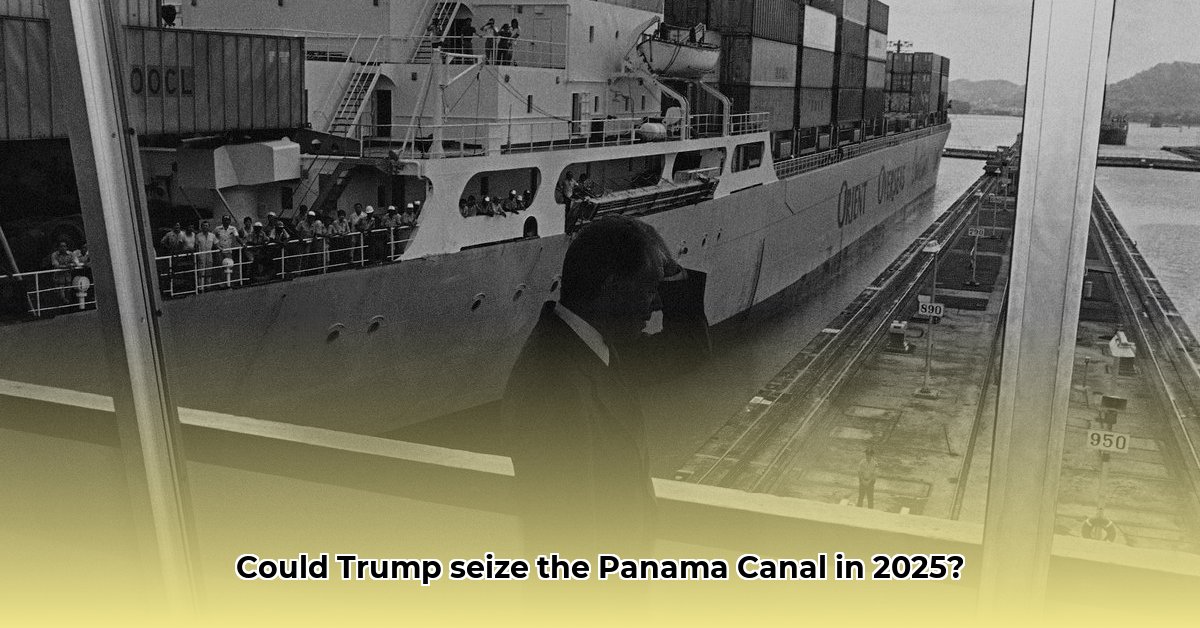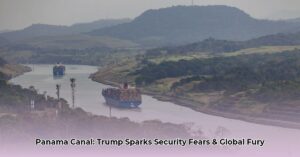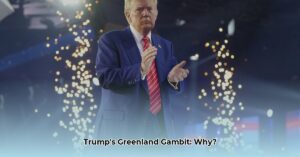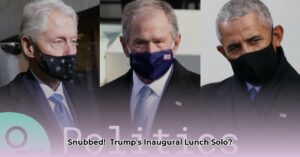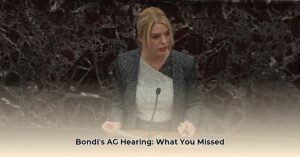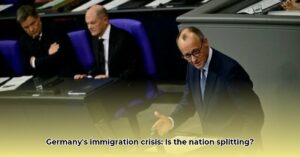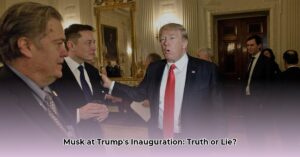Trump’s Panama Canal Remarks: A 2017 Controversy
On January 7, 2017, then President-elect Donald Trump, speaking at a press conference at his Mar-a-Lago resort, refused to rule out the use of military force regarding the Panama Canal. He linked the canal’s control to U.S. national security, a statement that quickly sparked international concern and raised questions about his understanding of international law and the existing treaties governing the canal. He also made similar statements concerning Greenland, though the connection between the two remains unclear.
Panama’s Response: Reaffirming Sovereignty
Panama swiftly condemned Trump’s statement. Foreign Minister Javier Martínez-Acha emphatically reiterated Panama’s absolute sovereignty over the canal, rejecting any suggestion of a potential U.S. takeover. This firm response underscored the international legal framework protecting Panama’s control and served as a clear rebuke to Trump’s remarks.
Fact-Checking Trump’s 2017 Statement
While Trump’s comments were widely reported, it’s crucial to analyze precisely what he said. He didn’t explicitly declare an intention to invade Panama, but his refusal to dismiss the use of military force ignited anxiety and speculation. News organizations like the Associated Press and Reuters covered the press conference, confirming his statements while noting the absence of a direct threat of immediate military action.
U.S.-Panama Relations and the Canal: A Historical Overview
The history of U.S. involvement with the Panama Canal is long and complex. The U.S. played a significant role in Panama’s independence and the canal’s construction. The 1977 Torrijos-Carter Treaties marked a pivotal moment, transferring control of the canal to Panama. Trump’s comments, therefore, resonated with this history, raising concerns about a potential shift in U.S. policy toward a more interventionist approach in the region.
Legality of Seizure: International Law and Treaties
International law firmly protects national sovereignty. Seizing the Panama Canal would violate this principle and the Torrijos-Carter Treaties. Legal experts concurred that such an action would lack any legal basis and would likely face widespread international condemnation.
International Reaction: Global Concerns and Criticism
Trump’s comments drew criticism from numerous countries, many of which expressed concern about his apparent disregard for international law and the potential for future conflicts. The incident underscored the global significance of the Panama Canal and the sensitivity surrounding its control.
Timeline of Events: From Statement to Repercussions
| Date | Event |
|---|---|
| January 7, 2017 | Trump publicly refuses to rule out military force concerning the Panama Canal. |
| January 8, 2017 | Panama’s Foreign Minister forcefully reaffirms Panama’s sovereignty over the canal. |
| Following Days | International news outlets report on the incident and global reactions. |
No Military Action: The Aftermath
Despite the controversy, no military action was taken. Trump’s statement remained just that – a statement. However, the incident highlighted the impact of a leader’s words, particularly when those words allude to the use of military force.
Frequently Asked Questions
- Could the U.S. legally seize the Panama Canal? No. International law and treaties guarantee Panama’s control.
- How did this affect U.S.-Panama relations? The incident strained the relationship, though diplomatic efforts likely followed to address the situation. Further research is needed to assess the long-term impact.
- Did any other countries support Trump’s stance? Available evidence suggests widespread international criticism of his remarks, with many nations reaffirming their support for Panama’s sovereignty.
Analyzing Trump’s Motivation
The reasons behind Trump’s statement remain a subject of debate. Some theories suggest it was a calculated political move, a miscalculation, or perhaps an attempt to renegotiate existing agreements. Further analysis is needed to fully understand his motivations and the potential strategic calculations, if any, behind his remarks.
Long-Term Impacts and Ongoing Research
The full extent of the incident’s impact on U.S.-Panama relations requires further exploration. Examining the potential erosion of trust and subsequent efforts to rebuild the relationship is crucial for understanding the current state of affairs between the two nations. Ongoing research continues to explore these complex dynamics. This includes examining Trump’s rhetoric, the international response, and the implications for international law and diplomacy. This incident serves as a case study for understanding the complex relationship between political speech, international relations, and the lingering uncertainties surrounding geopolitical events.
It’s important to note that while this article strives for accuracy, perspectives on this event may evolve with further research. The inherent complexities and uncertainties in international relations require ongoing analysis and cautious interpretation. It’s essential to rely on verifiable information and approach such topics with critical thinking.

